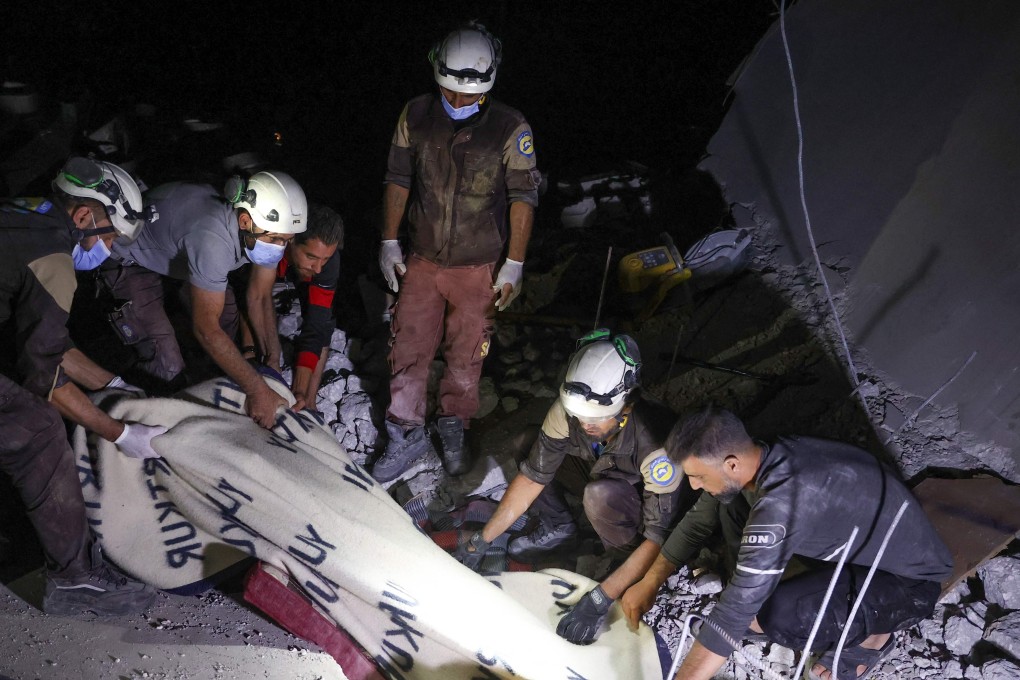China says Syria needs end to US sanctions, not a colour revolution
- Foreign Minister Wang Yi wraps up Middle East tour with clear signal of support for Syrian government
- In his second visit to the region since March, Wang also pledges Covid-19 vaccines ‘as long as there is demand’

“The practice of trampling on the sovereignty of other countries in the name of democratic transformation is unpopular, and staging colour revolutions and forcing regime change is even more harmful,” he said, according to a transcript published by the foreign ministry on Thursday.
“While the Syrian people are worried about the economic sanctions, some countries are talking about protecting human rights in Syria, showing only hypocrisy,” he said, adding that “the US and the West should immediately lift all unilateral sanctions and economic blockades against Syria” so that humanitarian aid channels could be opened up.
Earlier, Wang had made the first visit to Syria by a Chinese foreign minister since 2009, arriving just hours after Bashar al-Assad took the oath of office for his fourth term. The Syrian president won 95 per cent of the vote in May elections, described by Britain and Europe as “neither free nor fair”.
Wang said his trip was “to send a clear signal that China supports the Syrian government and people in safeguarding their sovereign independence and … opposes external interference and power politics”.